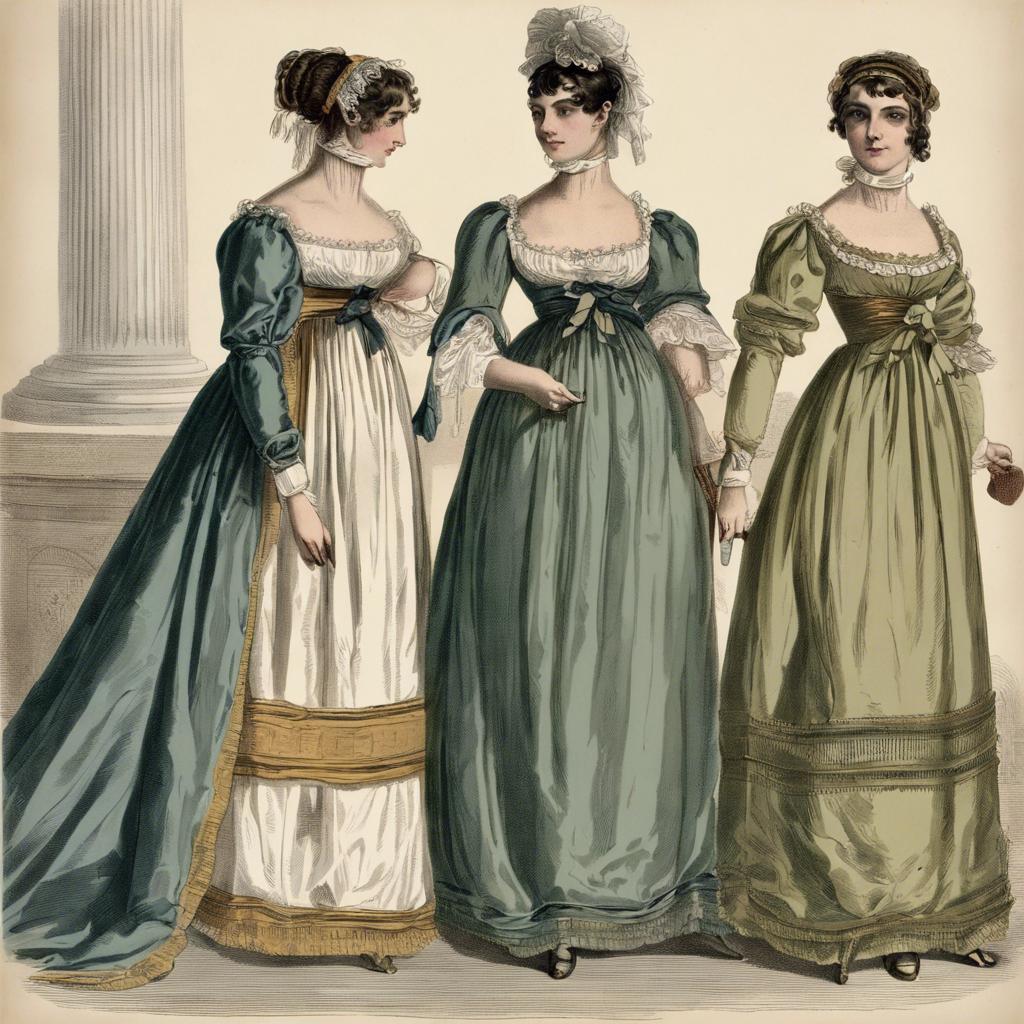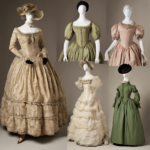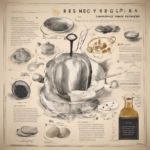During the Regency era in Britain, women played a pivotal role in shaping society and culture. From their elaborate fashion to their involvement in politics and philanthropy, these women navigated a rapidly changing world with grace and determination. In this article, we will delve into the lives of Regency era women, exploring their achievements, challenges, and lasting legacy in history.
Step Into the World of Cheryl Bolen
Dive into the enchanting stories of love, intrigue, and elegance set in the Regency Era. Cheryl Bolen's novels offer timeless romance and captivating tales that will leave you wanting more.
Explore Cheryl Bolen's Books Now
Influence of Fashion on Regency Era Women
In the Regency Era, women’s fashion underwent significant transformations that reflected the societal norms and values of the time. The was profound, shaping not only their appearance but also their status and roles in society.
One key aspect of Regency fashion for women was the emphasis on simplicity and elegance. Women’s clothing during this period was characterized by high waistlines, empire silhouettes, and flowing fabrics such as muslin. These styles were inspired by the classical art and literature of ancient Greece and Rome, reflecting a desire for grace and refinement.
Accessories also played a crucial role in Regency fashion, with women adorning themselves with delicate gloves, shawls, and parasols. Hairstyles were often elaborate, with curls and braids arranged in intricate updos. The overall look was one of femininity and sophistication, capturing the essence of Regency Era women and their place in society.
The Role of Education and Intellectual Pursuits
In the Regency era, women were often limited in their access to education and intellectual pursuits compared to men. However, for those fortunate enough to receive an education, it was typically focused on skills deemed appropriate for their gender roles, such as needlework, music, and basic literacy. Despite these limitations, there were some avenues for women to engage in more intellectual pursuits, particularly within the aristocracy.
Women’s Education in the Regency Era:
- Limited access to formal education
- Emphasis on domestic skills and accomplishments
- Some opportunities for intellectual growth among the upper class
Intellectual Pursuits of Regency Women:
- Reading novels and poetry
- Engaging in discussions on literature and politics
- Participating in salons and intellectual circles
Challenges Faced by Educated Women:
- Social expectations to prioritize marriage and motherhood over intellectual pursuits
- Lack of opportunities for formal education and professional advancement
- Limited access to resources and support for independent intellectual development
while Regency era women faced significant challenges in pursuing education and intellectual growth, there were still opportunities for those who were determined to expand their knowledge and engage in intellectual pursuits. Despite societal expectations and limitations, some women were able to carve out spaces for themselves within intellectual circles and make important contributions to the intellectual landscape of the time.
Navigating Social Expectations and Restrictions
In the Regency Era, women were expected to adhere to strict social norms and etiquette. These expectations often revolved around their behavior, appearance, and interactions within society. Women were expected to be modest, graceful, and demure in their manners, speech, and dress. They were also expected to uphold the values of propriety, decorum, and respectability in all aspects of their lives.
Women in the Regency Era faced various restrictions when it came to their roles and responsibilities. Their primary duty was to marry well and ensure the social and financial standing of their families. Women were often constrained by limited education and career opportunities, with their main focus being on domestic duties and child-rearing. Additionally, women were expected to follow the guidance of male relatives or guardians in matters of decision-making and conduct.
Despite these social expectations and restrictions, some Regency Era women found ways to challenge the norms of their time. Certain women, such as writers, artists, and activists, pushed the boundaries of societal expectations by pursuing intellectual and creative endeavors. These trailblazing women paved the way for future generations of women to break free from traditional roles and make strides towards gender equality.
Strategies for Empowering Regency Era Women in Society
During the Regency Era, women faced numerous societal challenges and restrictions that limited their power and agency. However, there were several strategies that women could employ to empower themselves and navigate the constraints of their time.
Networking: Women in the Regency Era could empower themselves by building strong social networks with other influential individuals. By cultivating relationships with powerful men and women in society, they could gain access to opportunities and resources that would otherwise be inaccessible.
Social Activism: Engaging in social activism was another powerful strategy for empowering Regency Era women. By advocating for causes such as women’s rights and abolition, women could challenge the status quo and effect meaningful change in their communities.
Future Outlook
the women of the Regency Era played a crucial role in shaping the society of their time. Through their wit, charm, and determination, they navigated the complexities of a rapidly changing world with grace and elegance. Their influence extended far beyond the limitations placed upon them, as they wielded their intelligence and social prowess to make lasting impacts on politics, literature, and culture. By understanding and appreciating the achievements of these remarkable women, we gain a deeper insight into the complexities of history and the enduring spirit of those who came before us. As we reflect on the legacy of Regency era women, let us honor their strength and resilience, and strive to uphold their legacy of empowerment and progress in our own time.


